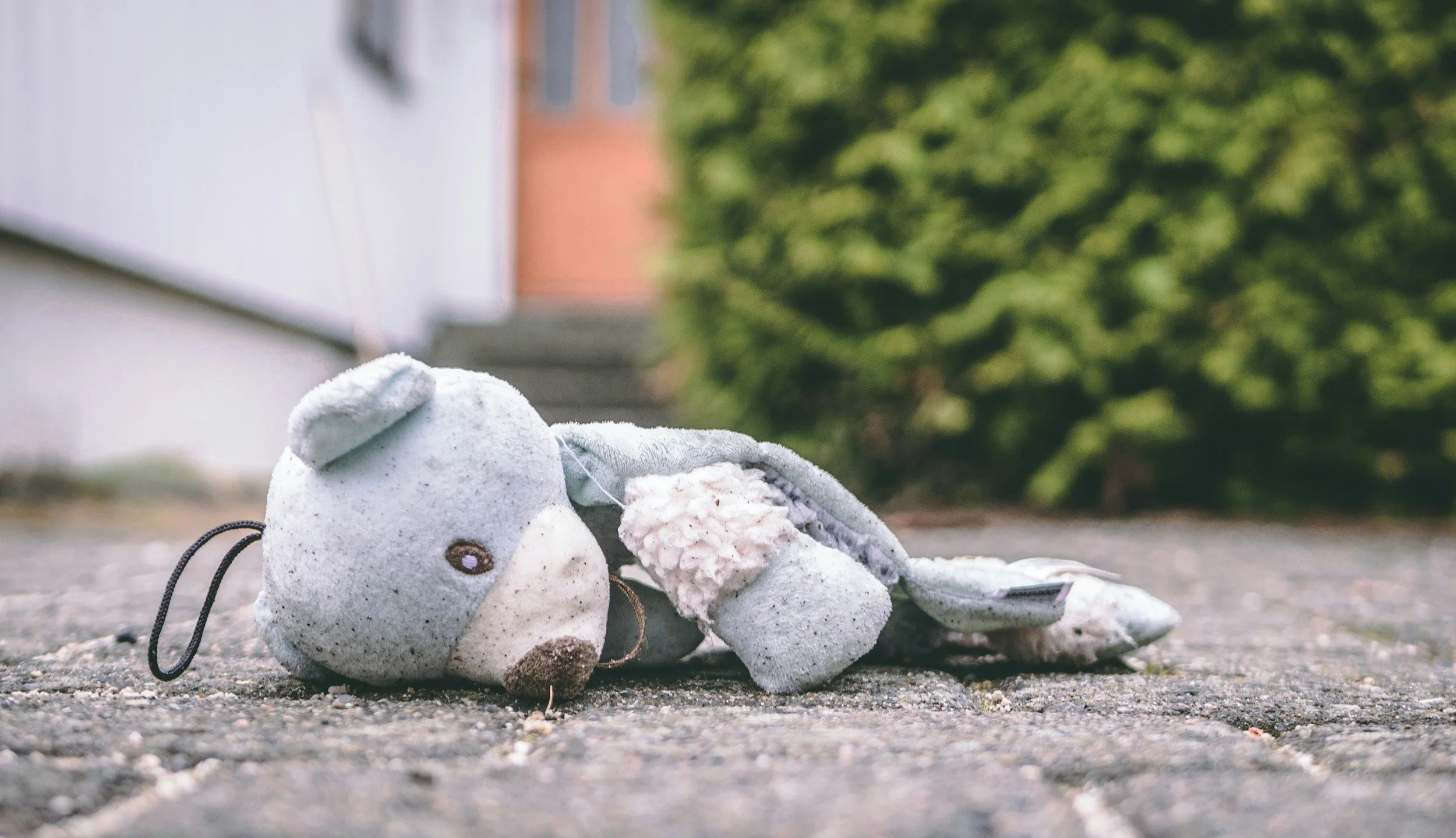
DR MARIANNE MILLER
CARING EATING DISORDER TREATMENT IN SAN DIEGO AND THROUGHOUT CALIFORNIA, TEXAS, AND WASHINGTON D.C. FOR ADULTS & TEENS

How Childhood Trauma Shapes Eating Disorders & Body Shame
Eating disorders are not about willpower. They are not rooted in personal weakness or vanity. They are protective strategies that emerge when a person’s environment feels unsafe, invalidating, or oppressive—especially during childhood. If you have ever struggled with disordered eating, body image distress, or rigid food patterns, it may be worth asking not what is wrong with you, but what happened to you.
In this post, I explore how childhood trauma and eating disorders are deeply connected. I will also look at how shame, systemic oppression, and nervous system responses shape our relationship with food and body.

Childhood Trauma and Eating Disorders
Being in California or anywhere else in the world while struggling with an eating disorder really, really sucks. It is especially difficult when you’ve experienced childhood trauma. No matter what your trauma was, or how long it lasted, its effects often carry into adulthood and can manifest through eating disorder behaviors. In this blog post, I’ll not only explore what childhood trauma means, I’ll also identify signs that you’re experiencing a trauma response, and how your eating disorder may have served as a protective (yes, I said protective) mechanism for you over the years.
